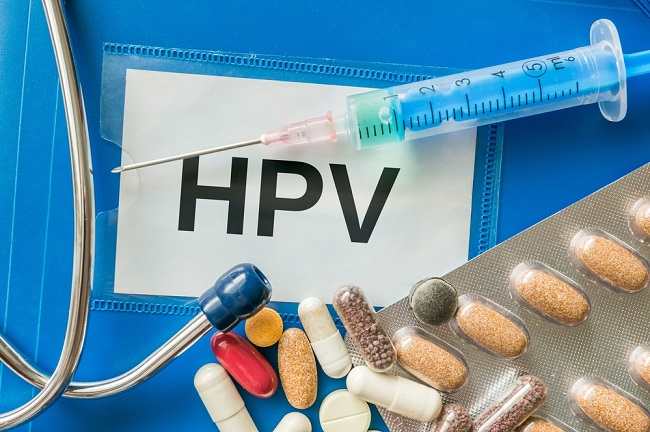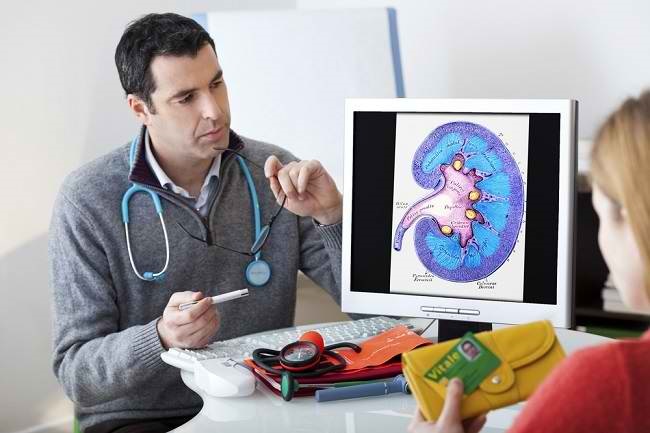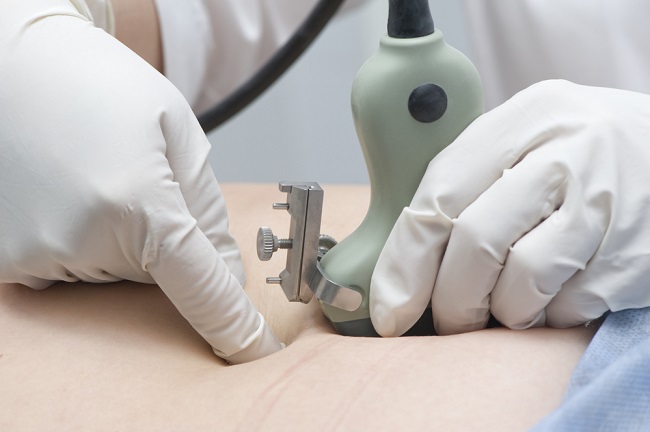An ophthalmologist who is a neuro ophthalmologist is an ophthalmologist who specializes in the prevention, diagnosis, and treatment of various vision problems related to the nervous system. Check out the following review to find out more about the role of this specialist doctor.
In Indonesia, ophthalmologists who specialize in neuro ophthalmology have a Sp.M. To get this degree, a general practitioner must take specialist education in the field of eye health and become an ophthalmologist. After that, he must complete a subspecialty program in neuro ophthalmology

In dealing with various vision problems related to the nervous system, ophthalmologists who specialize in neuro ophthalmology also work closely with other specialists, such as neurologists, neurosurgeons, and radiology.
Treated DiseaseOphthalmologist Neuro Ophthalmologist
The following are some of the conditions commonly treated by ophthalmologists and neuro ophthalmologists:
- Eye nerve problems, such as optic neuritis or papilledema
- Loss of vision for no apparent reason
- Temporary vision loss
- Loss of field of vision
- Abnormal eye movements, such as ophthalmoparesis and nystagmus
- Visual field defects due to stroke, brain tumor, or multiple sclerosis
- Intracranial pressure affecting the visual pathway
- Visual disturbances due to myasthenia gravis
- Damage to the optic nerve due to thyroid disease
- Tumor of the eye socket involving the optic nerve
- Migraine that causes visual complaints
The right time for a consultation with an ophthalmologist is a neuro ophthalmologist
Generally, patients will be advised to consult an ophthalmologist who is a neuro ophthalmologist after receiving a referral from a general practitioner, ophthalmologist, or neurologist. However, you can immediately consult an ophthalmologist who is a neuro ophthalmologist if you experience the following symptoms:
- Loss of vision with severe headache
- Sudden double vision
- Blurred vision
- Narrow field of view
- Disturbance in seeing color
- Eyes are hard to move
- Eyes moving quickly uncontrollably (nystagmus)
- Impaired vision after a blow to the head
Actions an Ophthalmologist Neuro Ophthalmologist Can Perform
To diagnose the disease you are suffering from, an ophthalmologist who is a neuro ophthalmologist will review your symptoms and complaints, as well as your medical history and a history of diseases in your family.
Next, the doctor will perform a complete eye exam to evaluate your vision function and eye movement, such as how sharp your vision is, how well you see color, and how wide your field of view is.
After that, you will undergo a complete neurological examination, including muscle strength, sensory nerve function, and balance. The doctor may also perform some additional tests, such as:
- blood test
- Test visually evoked response (VER), to see the brain's response to light entering through the eye
- Imaging tests, such as CT scan, MRI, and ultrasound of the eye
- Biopsy
After the diagnosis of the disease is known, the ophthalmologist and neuro ophthalmologist then determines what treatment and medication is needed. In addition to medication, an ophthalmologist, a neuro ophthalmologist, may also perform eye surgery to treat certain cases.
Things to Prepare Before Meeting Ophthalmologist Neuro Ophthalmologist
Before consulting with an ophthalmologist, a neuro ophthalmologist, it's a good idea to record all the symptoms and complaints you experience to make it easier for the doctor to diagnose the disease and determine the right treatment.
In addition, there are also several things that you can prepare before a consultation session with an ophthalmologist, a neuro ophthalmologist, including:
- Keep a record of any medical history, such as allergies, or any medications you've had before.
- Bring the results of examinations or laboratory tests, if you have previously consulted with other doctors.
- Don't wear make-up in the eye so that the doctor can examine your eye more easily.
It's also a good idea to note down things you want to ask your doctor about, such as treatment options for the disease you are experiencing, the risks of the treatment, and the estimated cost required. That way, you will truly understand your condition and the intricacies of the treatment needed.
What you need to know again, the examination of the optic nerve often makes the ophthalmologist a neuro ophthalmologist need to see inside the eye more clearly. The way that can be done is to dilate the pupils of your eyes using eye drops.
Side effects of this drug are glare and blurred vision for some time. Eye conditions like this are not safe to drive. So, for the sake of safety, it is recommended that you be accompanied by friends or family during the inspection, so you don't have to drive alone.









